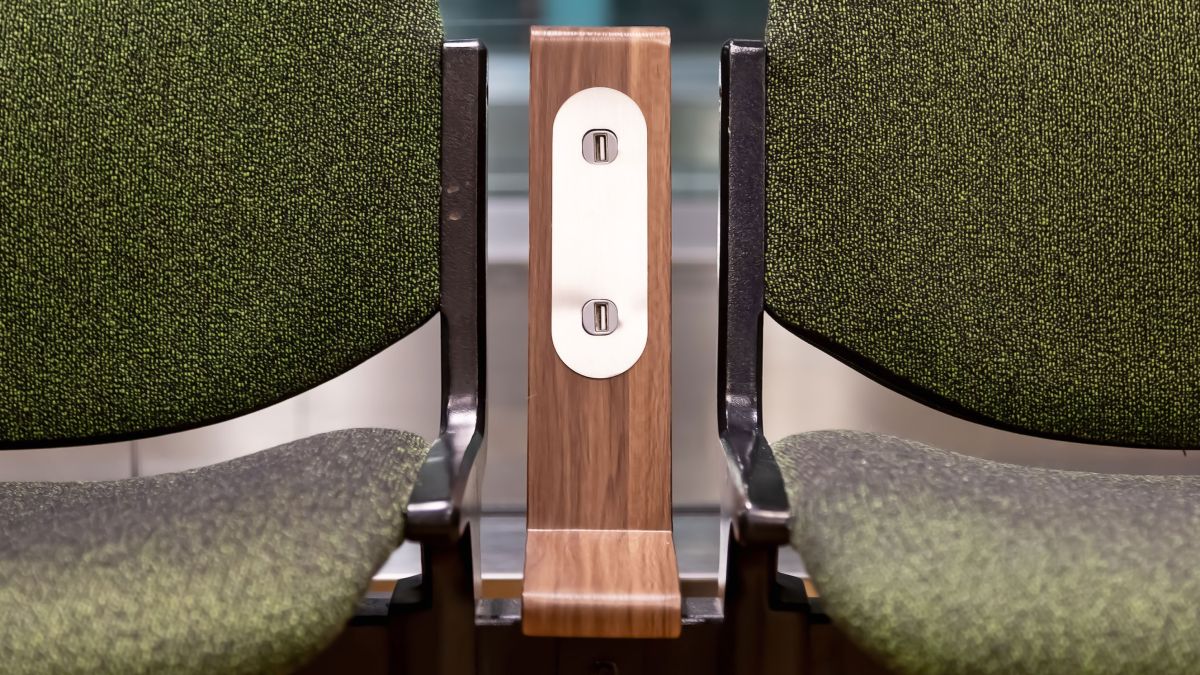
Though vacationers ought to all the time be cautious when utilizing public Wi-Fi networks, they need to additionally be careful for public charging stations as nicely, a brand new report has claimed.
That is in response to Adrianus Warmenhoven, a cybersecurity advisor at NordVPN, following warnings already issued by the FBI (opens in new tab) on the emergence of this new cybercriminal tactic.
The favored VPN supplier launched a research (opens in new tab) final yr calming that almost all holidaymakers are already fearful of utilizing public Wi-Fi networks, a worry that appears justified provided that the research additionally revealed 1 / 4 of them have been hacked when utilizing them.
‘Juice jacking’
Plainly now, nonetheless, vacationers also needs to be involved about so-called ‘juice jacking’, the place unhealthy actors can manipulate public USB charging stations to ship malware and adware to customers’ gadgets. Private information will also be stolen to commit acts of monetary and identification theft as nicely.
The observe could be laborious for customers to detect, though some could discover suspicious purchases or calls having been made on their gadget. It could additionally negatively influence efficiency, making their cellphone slower to function or hotter than normal, which could possibly be indicators of malware an infection.
The FBI’s recommendation is to convey your individual plug and USB cable to cost from a normal public energy outlet as a substitute. Warmenhoven concurs on this level, additional advising the usage of energy banks so you will not want to fret about dropping battery energy and being compelled to answer on public chargers.
Alternatively, Warmenhoven recommends utilizing a USB information blocker, a tool that plugs immediately into your cellphone and acts as a defend between your gadget and the general public charging cable.
Assaults on cell gadgets needs to be taken as critically as those who happen on desktop platforms. Just lately, we’ve got seen malware delivered by way of malicious apps that even seem on Google’s personal Play Retailer, which have been downloaded 100 million occasions.
